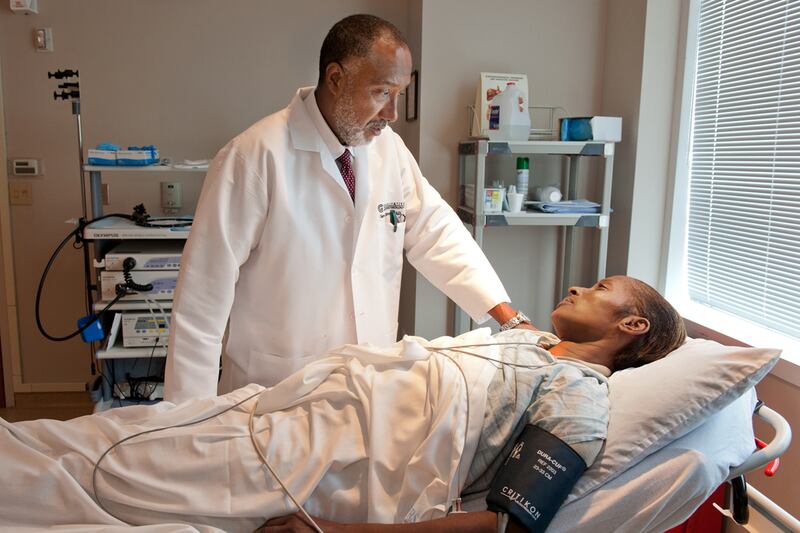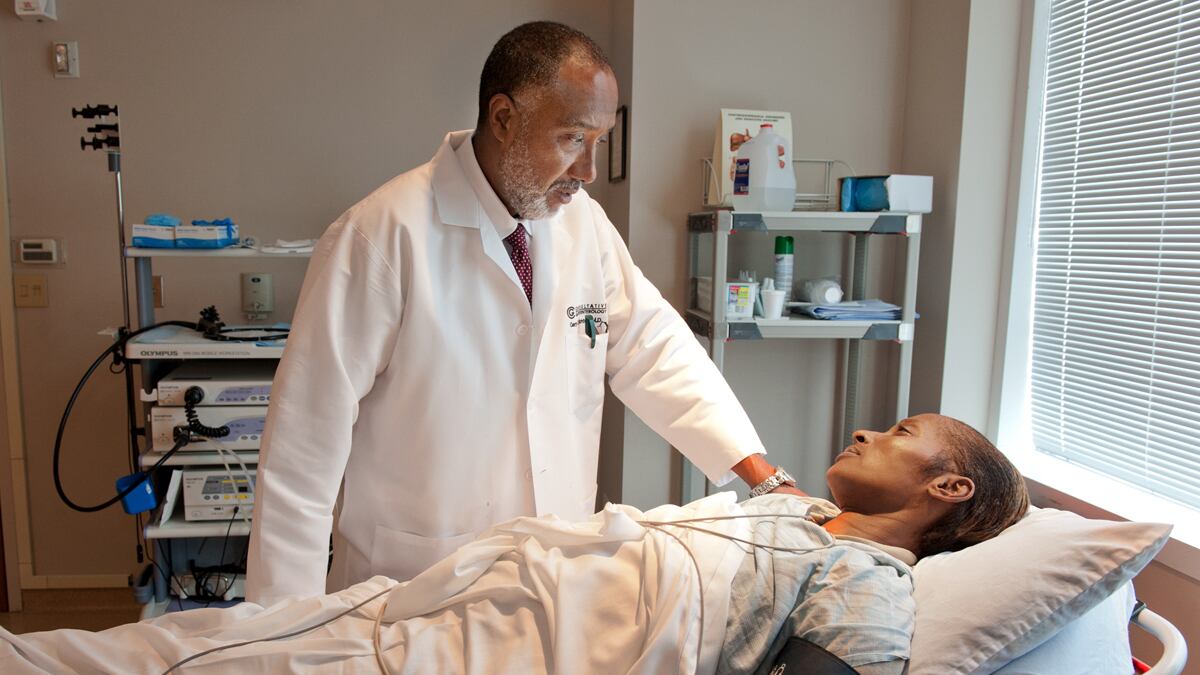
Eli Lehrer asks a provocative question in The Weekly Standard: why exactly are doctors paid significantly more if we don't get better healthcare?
In discussions of America’s high health care costs, surprisingly little attention is paid to salaries and wages. Yet the fact that medical jobs simply pay more than those in other sectors is beyond dispute. A physician practicing in a primary care setting, according to the Bureau of Labor Statistics, earned an average of just over $200,000 in 2010, while specialists averaged over $355,000 (the highest of any professional category tracked). By comparison, lawyers average just over $110,000, airline pilots about $92,000, and chartered actuaries (who calculate risk for insurance companies and must pass complex exams longer and arguably more difficult than the medical boards) about $150,000.
The wage disparities, however, don’t stop with physicians, who do, after all, need to complete an academic curriculum that’s beyond most people’s abilities. Registered nurses and dental hygienists, who need only associate’s degrees, earn about $70,000 a year. This is about as much as degreed computer programmers. And it’s significantly more than high school teachers and forensic scientists, who need master’s degrees but earn a little less than $60,000 on average. And wage disparities exist at all levels of the health care industry: Even nonmedical professionals like janitors tend to earn more in health care settings than those working elsewhere. An extensive report from the Brookings Institution sums up the evidence: “Health care pays higher than average wages regardless of workers’ skills and demographic characteristics.” Indeed, the report goes on, “expanding health care is likely to raise wages throughout a metropolitan area by putting upward pressure on wages throughout the metropolitan labor market,” even for jobs requiring no post-high school training at all.
...
Unfortunately, all this expense is not producing significantly better health care outcomes. While the United States undoubtedly leads the world in medical innovations and cutting edge care for uncommon conditions, gross measures of health care outcomes like life expectancy and infant mortality (which, it’s true, are heavily influenced by lifestyle, demographic, cultural, and genetic factors independent of the medical system) are below average for wealthy countries. By some measures, American health care practitioners work less hard than their peers in other countries. While other wealthy countries average just a little over three hospital staff per hospital bed, American hospitals have more than five people for each bed. The U.S. health care system may not be worse than those elsewhere—it does draw people from all over the world—but there’s no evidence the enormous labor costs are producing world-beating outcomes.
If higher costs were associated with better outcomes, then perhaps this could be excused. But given that they are not, some doubt must be cast on that assumption.
One possible way to mitigate this? Stop insisting that every task done at a hospital must be done by a doctor:
Hardly anyone doubts the overwhelming majority of veteran registered nurses could—with a little more training—do a fine job setting broken bones, stitching wounds, and even dispensing drugs for common ailments. But laws and regulations limit almost all of these things to physicians and nurse practitioners, who must complete a graduate-level course of study similar to medical school. Among less-skilled medical workers, the current certification requirements border on the absurd. Licensed practical nurses are essentially menial hospital workers who collect vital signs, change bedpans, and bathe patients. To do this, however, they need more than a year of full-time schooling and, even so, generally can’t even give hospital patients aspirin a doctor has not already prescribed. Some work of LPNs might be done by people trained mostly on the job and those with LPN training should be able to do more than they do now. And so forth.





